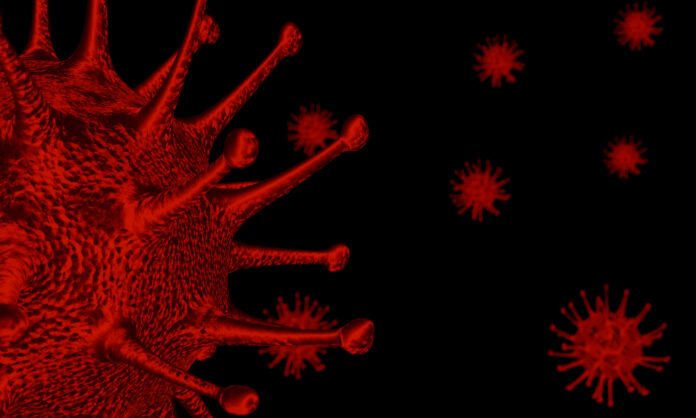A study in JAMA Network Open reveals that CDH1 gene variants mark a new hereditary lobular breast cancer (HLBC) syndrome, separate from BRCA-related breast-ovarian syndrome. Conducted by Giovanni Corso, MD, PhD, and colleagues at the European Institute of Oncology and the State University of Milan, the research links CDH1 variants to diffuse gastric cancer and lobular breast cancer in the hereditary diffuse gastric cancer (HDGC) syndrome.
Sometimes, lobular breast cancer (LBC) appears first without gastric cancer. The study evaluated women with LBC for germline CDH1 variants, tumor genomic inactivation, and survival outcomes. BRCA1 and BRCA2 were tested to exclude their association with HLBC.
Dr. Corso’s interest in CDH1 began during his PhD. In 2007, he identified the first CDH1 germline mutation in an Italian family with gastric cancer. Noticing some women with CDH1 variants developing only lobular breast neoplasia, he proposed a new syndrome where lobular breast carcinoma might be the initial manifestation. The study, funded by the Italian Ministry of Health in 2016, included nearly 5500 primary lobular breast tumors, with 34.4% showing the hereditary phenotype.
Among 394 women tested for CDH1, BRCA1, and BRCA2 variants, 15 CDH1 germline variants were found. Selection criteria included age under 45, family history of breast cancer, or bilateral lobular cancer. About 40% of CDH1 variants were pathogenic or likely pathogenic.
As reported by Medscape, somatic alterations of the second CDH1 allele were the main mechanism for HLBC tumorigenesis. The study suggests CDH1 testing for women under 45, with bilateral lobular cancer, or a family history of breast cancer, and gastroscopy for women with CDH1 variants due to gastric cancer risk. Screening programs for relatives of individuals with pathogenic CDH1 variants are recommended.
























